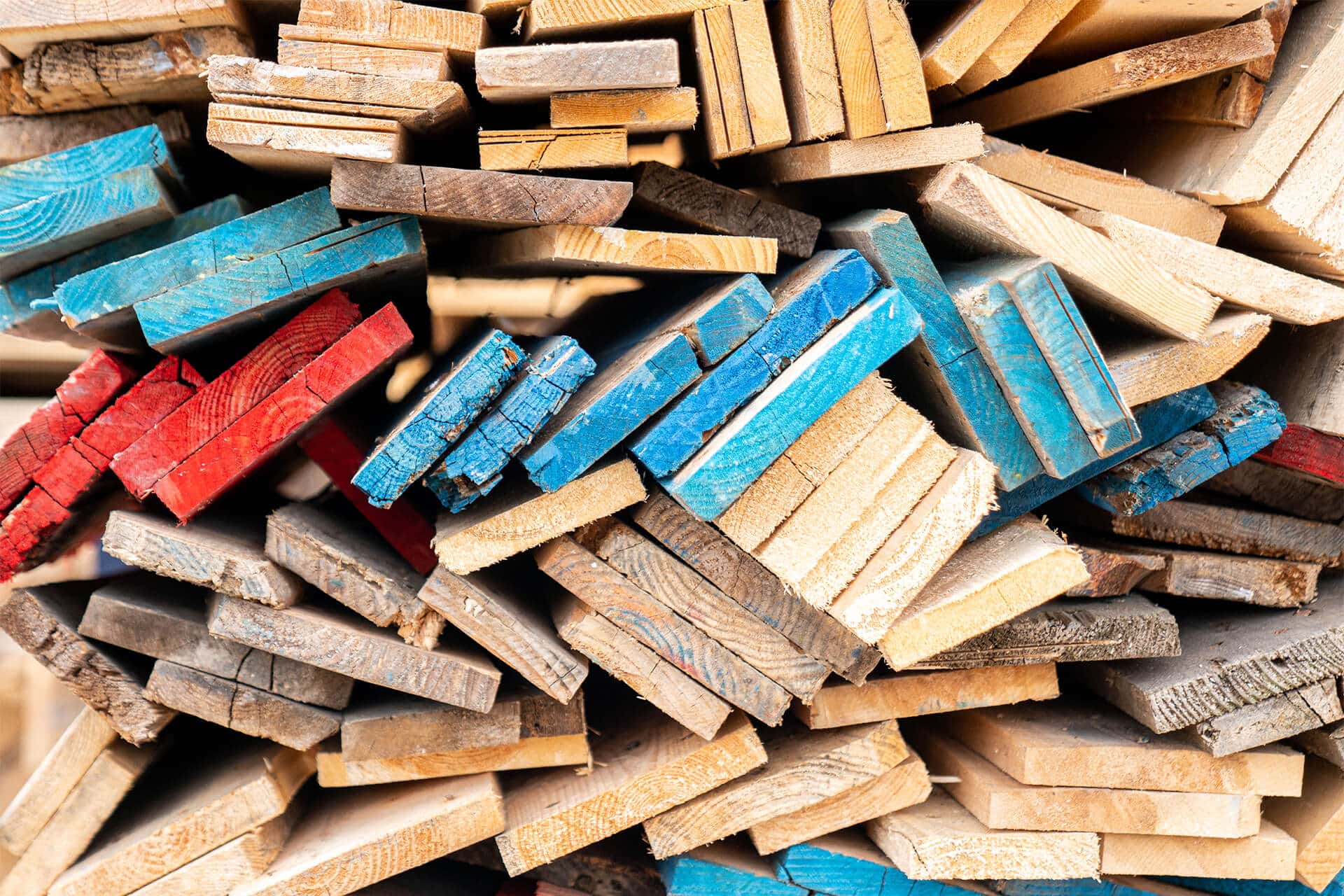If you regularly use pallets intended for shipping to the European market, then you cannot help but have noticed how the prices for these pallets have risen over the last few months. In some instances, wooden Euro pallets are being sold for up to four times more than they were six months ago.
Despite the current economic market, there is more at work here than simple inflation. The sector is facing a worldwide shortage of Euro pallets, which is causing this meteoric rise in prices. In this article, we take a look at some of the factors contributing to that shortage.
The War in Ukraine
Perhaps the most obvious and notable contributor to the scarcity of Euro pallets across the globe is the ongoing war in Ukraine. Since hostilities began back in February 2022, the usual trade routes out of the country have been blocked. While most new stories have (rightly) focussed more on how this has impacted international grain supply, it’s important to remember that Ukraine also exports around 15 million wooden pallets every year. Indeed, between them, Russia, and Belarus (whose own trade has been sanctioned or blockaded) they produce around 25% of the wood used in manufacturing Euro pallets and other wooden packaging worldwide.
Nail Shortage
While timber and manufactured pallets are the clearest indicator of supply problems as a result of the war, there are others. Germany – one of the largest producers of Euro pallets on an industrial scale – used to import the nails used in pallet manufacture directly from Russia. With sanctions on Russian trade, they have had to look elsewhere, with few other countries producing nails in sufficient numbers to make up the difference.
The Cost of Wood
Timber prices have been rising for several years, affecting all industries, not just pallet production. In terms of raw materials alone, the cost of manufacturing a new wooden pallet rose by 40% over the last calendar year.
Supply and Demand
With the lack of Euro pallets in the system, prices are rising both here in the UK and in Europe. We are feeling the impact more here, since European companies are prepared to pay a higher price for Euro pallets than their UK counterparts. This means many European pallet companies are no longer selling to UK businesses as they make a bigger profit selling internally, without the excess shipping fees. Likewise, many UK pallet manufacturers are selling direct to Europe, with the higher prices offsetting increased delivery fees.



